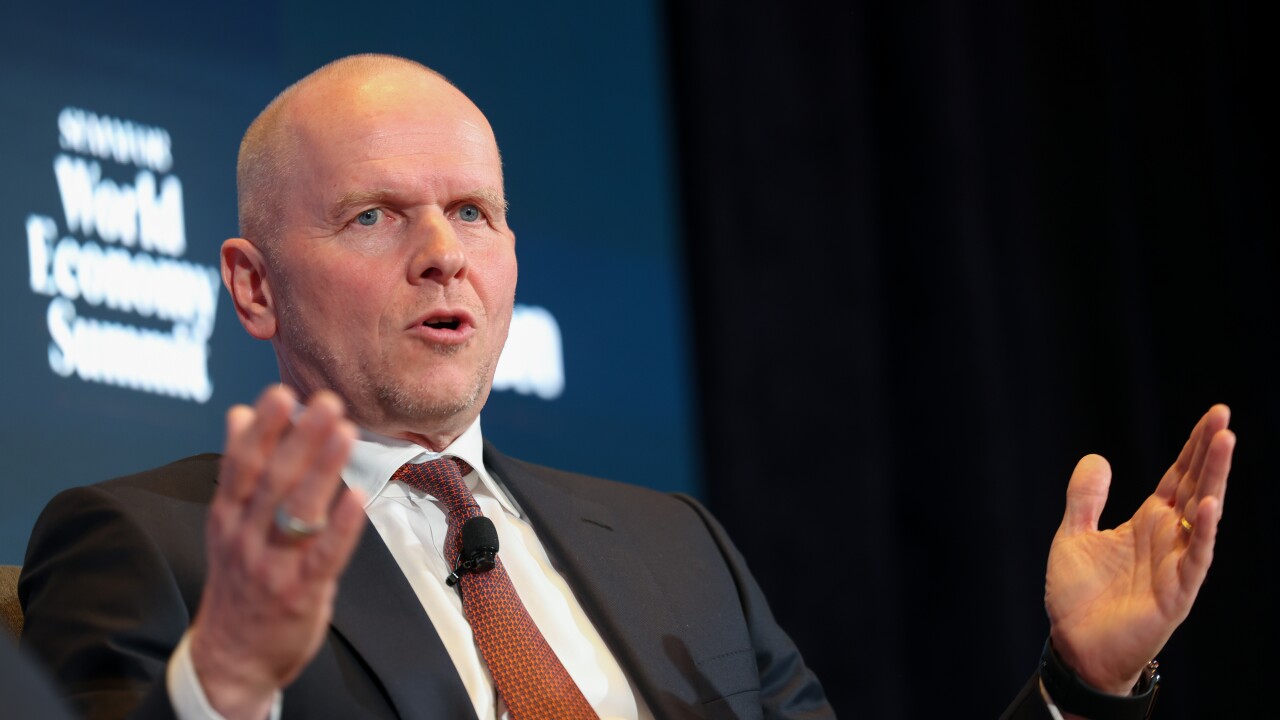When the Supreme Court opened the door to criminalizing abortion, it also placed financial institutions and payment processors in the position of setting new compliance rules based on state lines — and potentially breaking the law in any attempt to help their own employees.
Many employers, including the largest banks, have promised to at least cover travel expenses for employees who need to go to another state to receive abortion services. But banks and payment companies must also determine how they handle payments their customers make when those customers cross state lines seeking an abortion. Some states may consider it illegal to facilitate travel for abortion care.
"For these banking or financial institutions to take action here, they would need to make value judgements on medical procedures and medication, which is far outside the scope of any other action they have taken," said Alphonse Provinziano, a Los Angeles-based lawyer who focuses on financial litigation for families.
The court's ruling that the Constitution did not provide a right to an abortion has been followed by "
JPMorgan Chase, Bank of America, Goldman Sachs and Wells Fargo joined Citigroup in pledging to expand benefits to cover travel for out-of-state abortions. Smaller banks in blue states were more vocal, with one female CEO saying: “I stand in disbelief.”
Payment companies and card issuers are usually reluctant to weigh in directly on culture war issues, and already face
Payment networks "could feel pressure from certain states and politicians," Provinziano said. "But it poses a slippery slope where networks are parsing transactions and censoring customers. And with the majority of Americans supporting access to abortion, it would be an overtly political decision."
Large banks such as
Visa, Mastercard, American Express, Discover, Block and PayPal did not return requests for comment by deadline.
"On the abortion issue and payments, do not expect political statements by the brands," said Brian Riley, director of Mercator Advisory Group's credit advisory service. "Networks certainly have their own HR policies, and they will follow the laws of the land both internally and externally."
Procedurally, there are ways to block certain types of transactions in specific locations. The Current Procedural Terminology from the American Medical Association provides codes for medical procedures.
"Dealing with a patchwork of state laws governing if and when abortions are permissible should be straightforward. They can't knowingly provide payments for illegal goods and services," said Eric Grover, a principal with Intrepid Ventures, who argued that compensation for employees to travel to states where abortion is legal is akin to taking a political position.
Payment processors or credit card issuers could cut off transactions for these codes, though that would still leave part of the compliance to the health care provider.
"If that CPT code carries over to the billing process, there is a relatively easy way to tag the transaction," Riley said. "Networks could control the issue if things are drilled down to the CPT code on billing, or a separate merchant category code was built, but the true execution needs to come from the provider level."
"Since Mastercard and Visa issuers are all tied together by being insured financial institutions, compliance with what is legal and what is not is important," Riley said. "That’s why issues like gambling, untraceable guns and the like often grab headlines."
Since Congress has not banned abortion nationally, institutions will have to monitor state-level transactions, and make value judgements about what drugs and procedures they are blocking, Provinziano said.
The challenge in some ways resembles other issues with wide differences in state laws, such as cannabis or sports betting. But cannabis and gaming are gradually becoming more legalized, whereas abortion is becoming more restricted.
Marijuana, for example, is legal in many states but still illegal at the federal level. The card brands as a result
The closest comparison could be adult entertainment, where Mastercard took action against Pornhub and OnlyFans specifically overconcerns about underage pornography, Provinziano said. "The card network now requires adult entertainment sites to do additional age verification," he said.






